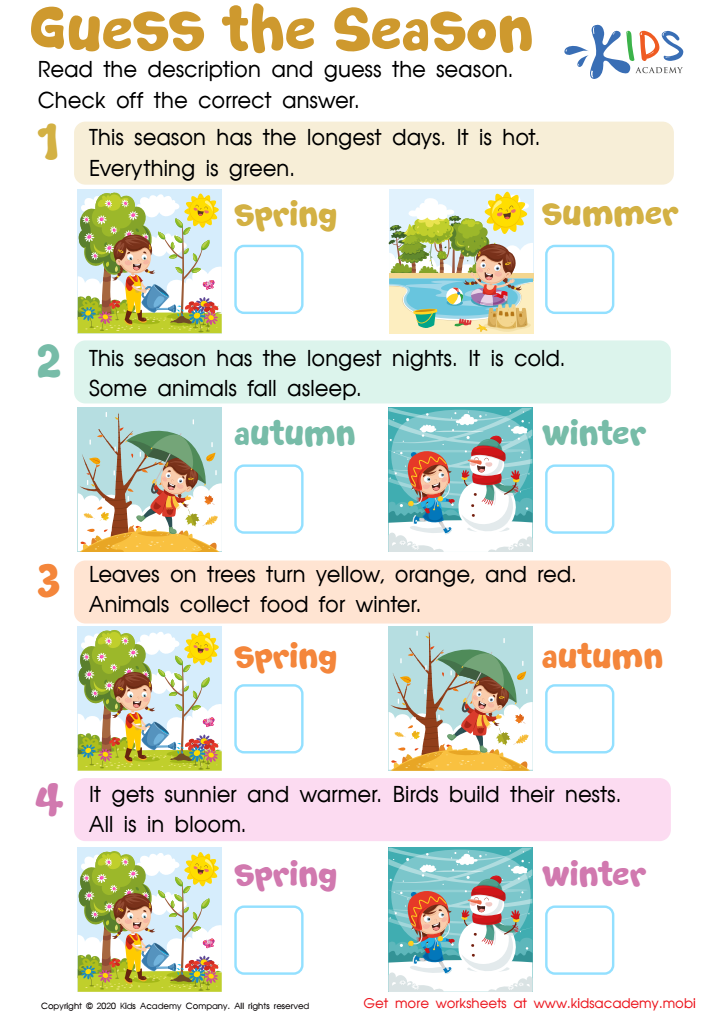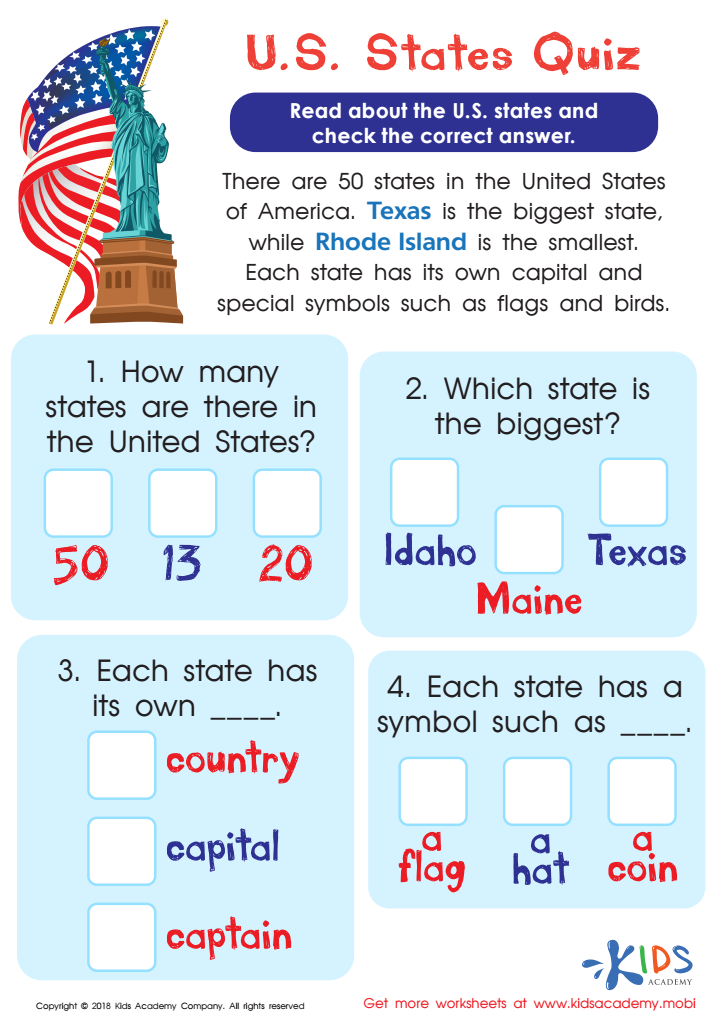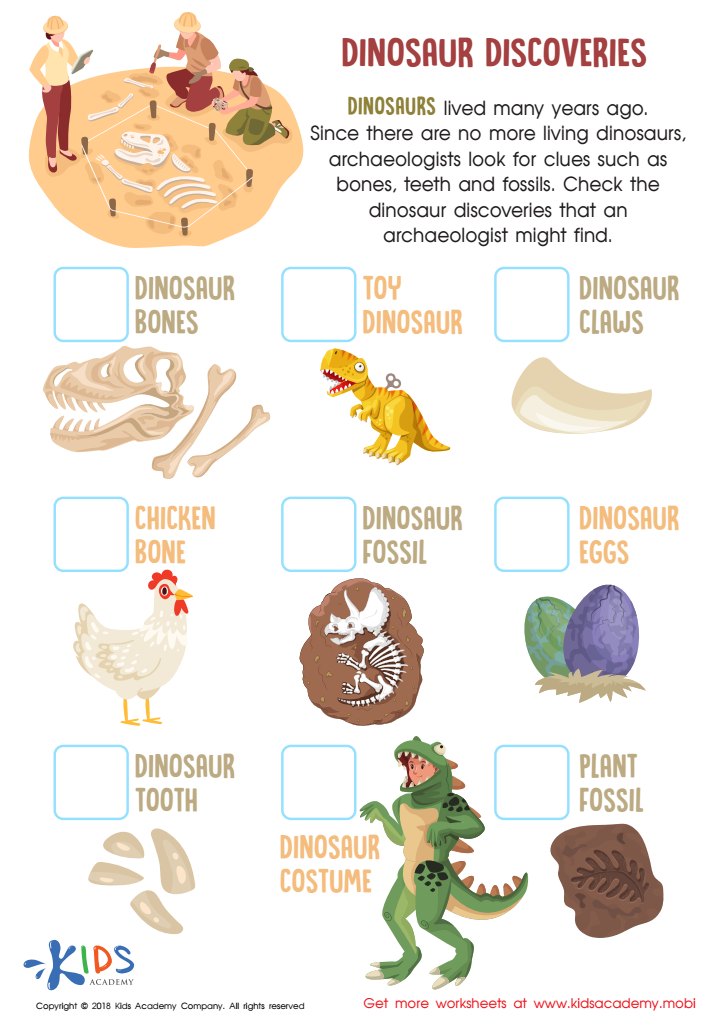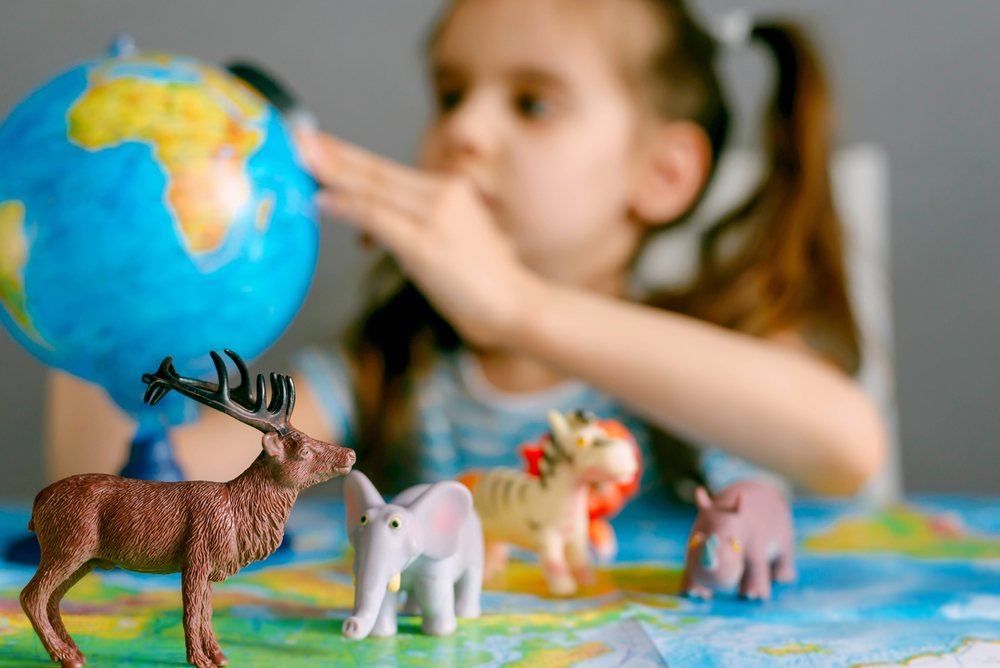Critical Thinking Normal Geography Worksheets for Ages 7-8
3 filtered results
-
From - To
Enhance your child's analytical skills with our "Critical Thinking Normal Geography Worksheets for Ages 7-8". Designed with young learners in mind, these worksheets not only cover essential geography topics but also focus on developing crucial critical thinking abilities. Through engaging activities and thought-provoking questions, children will explore maps, landmarks, regions, and more, while learning to observe, analyze, and make informed conclusions. Perfect for classroom and home use, our worksheets provide a balanced mix of learning and fun, ensuring children stay motivated and curious about the world around them. Unlock your child's potential with our expertly crafted resources today!


Guess the Season Worksheet


U.S. States Quiz Worksheet


Dinosaur Discoveries Worksheet
Parents and teachers should place great importance on nurturing critical thinking and normal geography skills in children aged 7-8, as these form a cornerstone of their overall cognitive and academic development. Critical thinking fosters the ability to analyze information, solve problems, and make decisions based on logic and reasoning rather than on memorization alone. These skills empower children to question, understand, and engage with the world around them thoughtfully and reflectively.
Introducing normal geography at this age helps children understand their immediate environments, broadens their knowledge of different cultures, and instills a sense of curiosity about the world. It lays the groundwork for spatial awareness and critical thinking by encouraging children to consider why certain locations are the way they are, influencing future learning in history, science, and ecology.
Combined, critical thinking and geography education enable children to make connections between local and global contexts, understand basic environmental concepts, and appreciate cultural diversity. These skills and knowledge become fundamental as they encounter more complex subjects in later years, helping them to become informed, empathetic, and adaptable adults. In an ever-evolving world, these capabilities are essential for shaping well-rounded, responsible global citizens. Thus, the commitment of parents and teachers to fostering these abilities is crucial for the holistic development of young learners.

 Assign to My Students
Assign to My Students


















